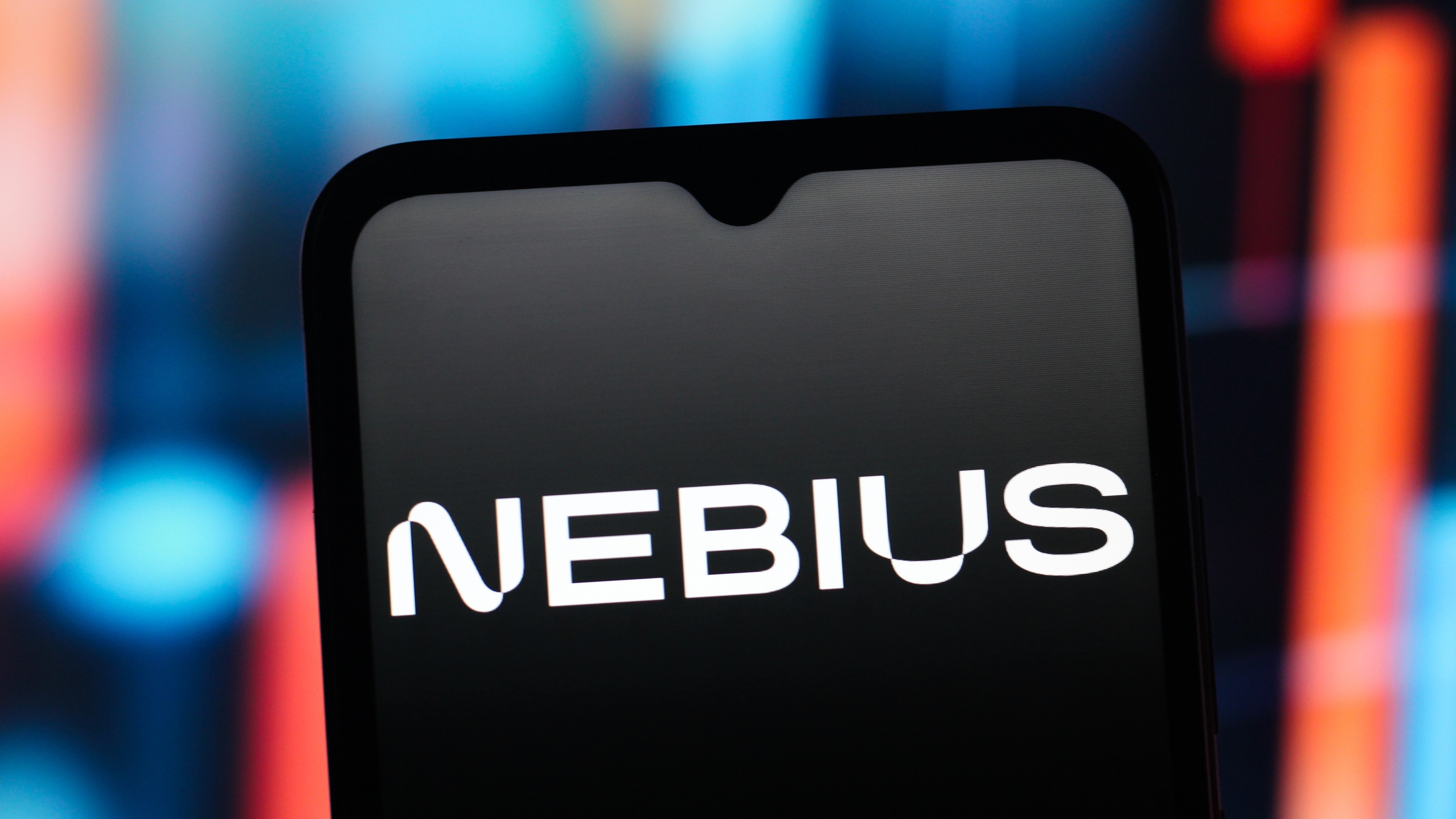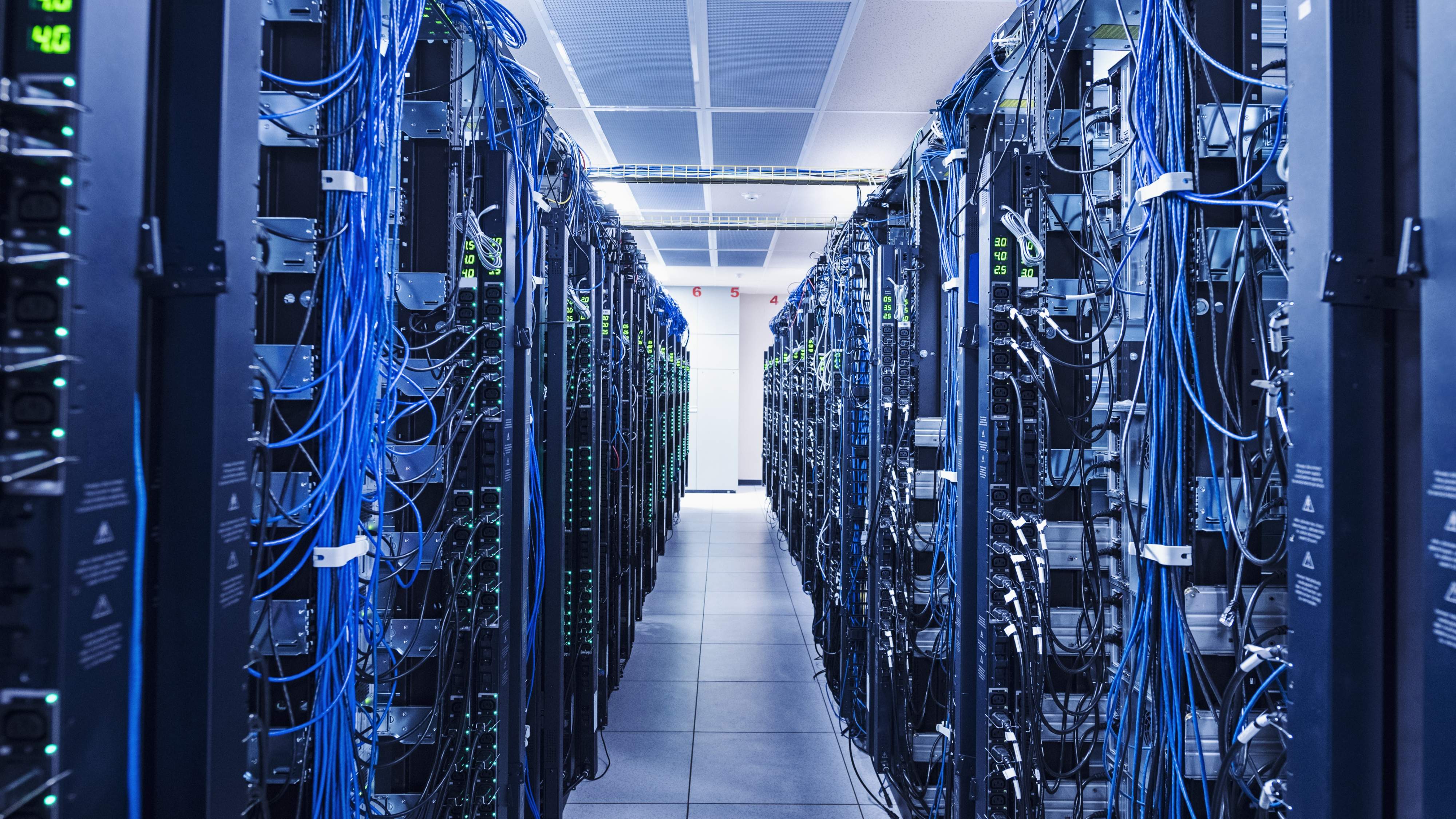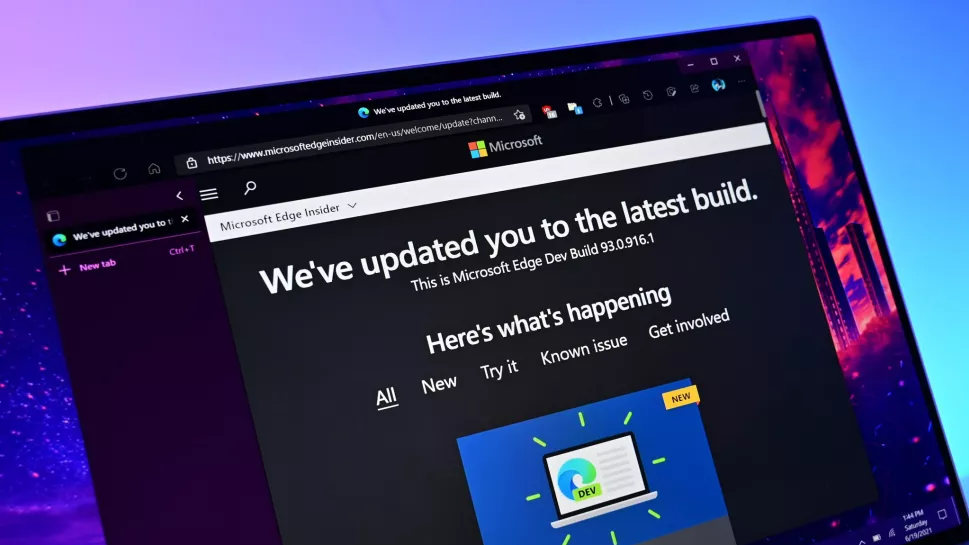Microsoft’s $17.4B bet on Nebius isn’t just about scale — it’s about control
Microsoft’s Nebius deal unlocks 300MW of AI compute power. The AI data center is massive — but what’s it really for?

All the latest news, reviews, and guides for Windows and Xbox diehards.
You are now subscribed
Your newsletter sign-up was successful
After recently announcing the layoff of 42 employees at its Redmond headquarters, Microsoft has unveiled a massive $17.4 billion infrastructure deal with Nebius. The agreement highlights just how serious Microsoft is about its AI ambitions.
It comes shortly after Microsoft revealed a separate contract that will save the U.S. government $6 billion over three years. Together, these moves underline the company’s $80 billion AI infrastructure strategy. This latest deal with Nebius could be one of the most critical pieces of that plan, so let’s dig into what it means and how it fits into Microsoft’s broader AI push.
Why Microsoft turned to Nebius
Microsoft is rapidly expanding its AI infrastructure. The fast rollout of Copilot, Azure, and enterprise AI tools has stretched its existing data centers thin. Partnering with Nebius unlocks access to the Vineland, New Jersey, facility (which started being built in early 2025) much faster than waiting months for Microsoft’s own campuses to come online.
It’s also a strategic move to diversify infrastructure across multiple partners, which helps avoid bottlenecks. We’ve already seen how fragile digital lifelines can be, with recent Red Sea cable cuts sparking latency issues and calls for new routes. Microsoft is applying the same logic here — broadening its base as it pushes deeper into AI and positions itself as a leader in the space. With the resources to back it up, it can afford to make big bets.
By offloading raw infrastructure needs, Microsoft can redirect capital and talent toward advanced system design, energy efficiency, and sovereign cloud solutions. The deal also gives it flexibility, with options for extra capacity as demand continues to grow.
Arkady Volozh, the founder and CEO of Nebius, said:
Nebius’s core AI cloud business, serving customers from AI startups to enterprises, is performing exceptionally well. We have also said that, in addition to our core business, we expect to secure significant long-term committed contracts with leading AI labs and big tech companies. I’m happy to announce the first of these contracts, and I believe there are more to come.
What the deal means for Nebius
The most obvious outcome for Nebius is stability. Closing a $17.4 billion agreement locks in long-term revenue and gives the company a secure financial foundation.
The market reacted quickly. Nebius' stock surged more than 50% after the announcement, showing strong investor confidence.
The deal also delivers validation. With Microsoft as a customer, Nebius suddenly looks like a serious player, which could draw interest from other hyperscalers and AI labs looking for infrastructure partners.
Just as important, it accelerates Nebius’s expansion. Its massive 2.6 million-square-foot Vineland, New Jersey data center has been under construction since early 2025, with the first 300 MW of AI-focused capacity scheduled to come online in phases starting this summer and continuing into 2026. Backed by Microsoft’s commitment, Nebius now has the confidence and capital to push that project forward while also scaling new builds in Europe and the U.S.
Microsoft’s $17.4 billion agreement with Nebius secures 300 MW of AI‑focused data center capacity — enough to power more than 220,000 U.S. homes.
For anyone wondering, like I was, what 300 MW of AI-focused capacity actually means, here’s some perspective. One megawatt (MW) equals 1,000 kilowatts, which is roughly enough to power about 750 average U.S. homes. At 300 MW, that’s the equivalent of powering more than 220,000 homes at once.
In data center terms, that’s enormous. Most enterprise facilities fall in the 10–50 MW range, so this site is on a completely different scale. In simple terms, Microsoft is effectively renting a power-plant-sized warehouse dedicated to running AI models.
The new reality of AI demand and outsourcing?

Microsoft isn’t the first hyperscaler to outsource data center capacity, but its $17.4 billion deal with Nebius is by far one of the largest single outsourcing agreements with a third-party that we have seen, especially where AI compute capacity is concerned.
Big tech firms like Microsoft, Amazon, and Google usually build their own facilities to handle growth. Generative AI, however, has created explosive demand for compute power, leading to capacity shortages and forcing companies to look to third parties.
The deal is one of the largest third‑party AI infrastructure agreements to date, accelerating Microsoft’s $80 billion AI expansion strategy.
Microsoft has partnered with outside data centers before, though typically on a much smaller scale. This agreement with Nebius shows just how much the stakes have changed.
We’re at the point now where it feels like Microsoft is announcing billion-dollar deals every week to capitalize on the AI surge. It raises the question: Is throwing money at AI and everything that comes along with it enough to guarantee leadership in that space?
If it is, it’s hard to see who could realistically compete with the resources Microsoft seems willing to commit. I’d love to know what others think.

Adam is a Psychology Master’s graduate passionate about gaming, community building, and digital engagement. A lifelong Xbox fan since 2001, he started with Halo: Combat Evolved and remains an avid achievement hunter. Over the years, he has engaged with several Discord communities, helping them get established and grow. Gaming has always been more than a hobby for Adam—it’s where he’s met many friends, taken on new challenges, and connected with communities that share his passion.
You must confirm your public display name before commenting
Please logout and then login again, you will then be prompted to enter your display name.

